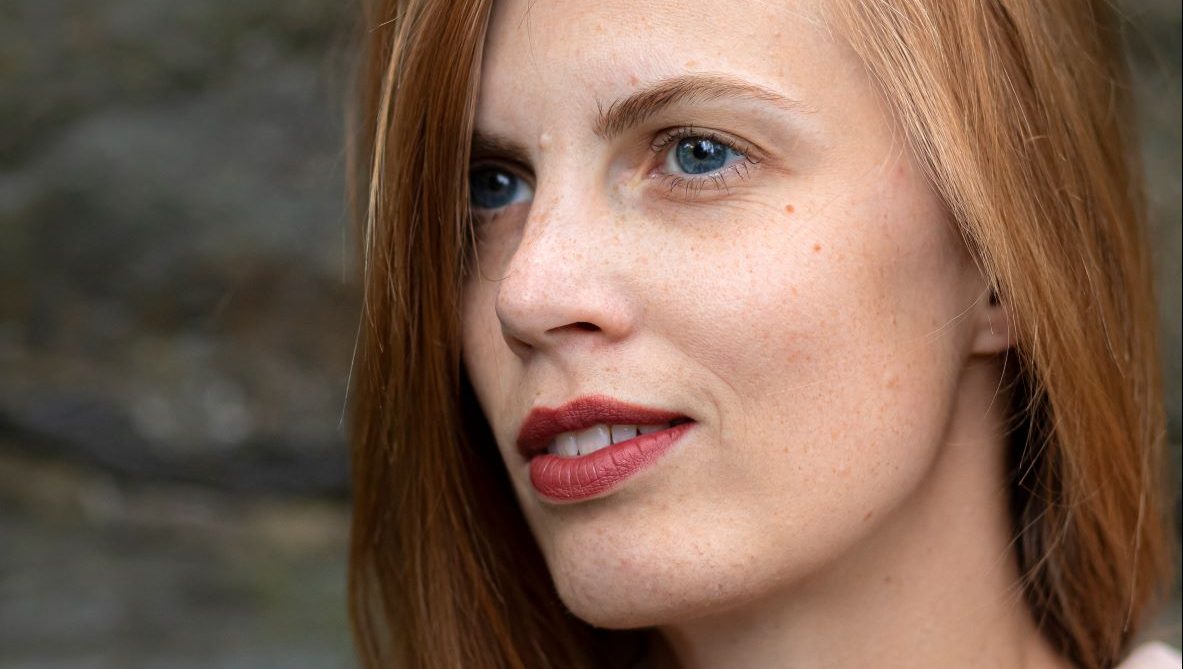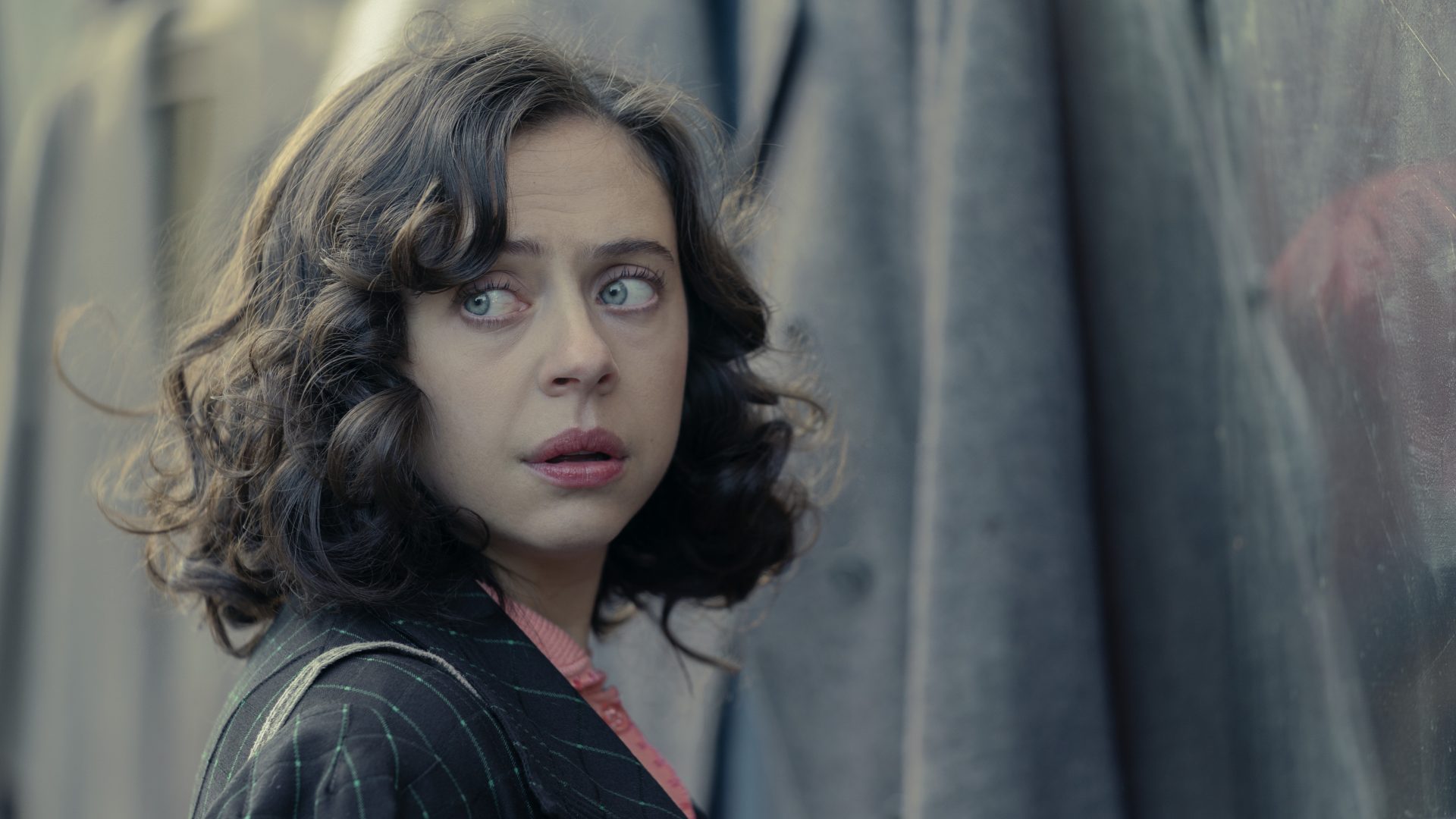This time of year always comes with a slight tinge of literary regret. Another year of reading has gone by and, as ever, the books I have not read nag at me, the ones sitting on the shelf I’ve not managed to get to, the ones I’ve read reviews of and thought “ooh, I fancy that”, the ones that people have talked about or discussed on podcasts that had me thinking, “sounds great, I must get hold of that one”.
When we reach the end of the year I do try to mentally erase this teeming Virtual Library of Guilt, a task always aided greatly by thinking about the best books I have managed to read.
When selecting the best books of the year it is tempting to include titles you feel should be there, the prize winners, the widely feted, the ones that crop up in all the other “books of the year” feature selections. Instead, I’m going purely on personal reaction, celebrating the books that resonated with me most and occasionally even whumped me good and hard in the virtual solar plexus. In a good way.
Let’s start with fiction. I approached Lydia Sandgren’s Collected Works (trans. Agnes Broomé, Pushkin Press, £20) with a little trepidation. I sensed it might be trying too hard to be a Very Significant European Novel, a Jonathan Franzen for the eastern Atlantic. The fact it clocked in at well over 700 pages also made me purse my lips. Does any novel really need to be that long?
All my reservations were entirely unfounded. Sandgren’s epic narrative following a trio of Gothenburg friends from their student days in the late 1970s to the present is sweeping, ambitious, elegant and deeply evocative, all wrapped up in the missing person mystery that provides its narrative drive. Delightful.
More recently came Anne Michaels’ Held (Bloomsbury, £16.99), a novel of ingenious chronological invention based on four generations of women from the same family. Held jumps around in time in a manner that should be unsettling but never is, thanks to Michaels’ incredible writing, which is almost hallucinatory in its lyricism.
The author is also a poet and it shows. The sound of every word and the rhythm of every clause has been carefully considered and revised – there is nothing spare here and you emerge from this extraordinary novel as if from a dream. Held is an absolutely beautiful book.
During the summer I thoroughly enjoyed Lost On Me by the Italian writer Veronica Raimo (trans. Leah Janeczko, Virago, £16.99). A novel where nothing much really happens, its success lies in the writing and the strength of its central character Vero, a thinly disguised cipher for the author herself coming to terms with the detritus of a deeply unorthodox childhood. Infused with a hilarious dry wit wrung from a wry attitude to life, Lost On Me stands out as a brilliant and inventive modern novel in English thanks to an outstanding translation for which Leah Janeczko deserves much credit.
Only one work of fiction could top these for me this year. Benjamin Myers knocked me for six in 2017 with The Gallows Pole, adapted this year for BBC television by Shane Meadows. A book as good as that should by rights be the pinnacle of any author’s career but you feel that when the great reckoning comes it won’t even make Myers’ top five.
This is because he can produce novels like Cuddy (Bloomsbury, £20). Scandalously omitted from the Booker longlist, this is a millennium-spanning polyphonic flight through the history of Durham Cathedral and St Cuthbert, who inspired its foundation. Myers creates characters and voices so absorbing that when the timeline jumps forward you are reluctant to leave them, only for the next protagonist to become the centre of your world until it is time to move on again. A phenomenal achievement, Cuddy is by some distance my novel of 2023.
In the world of non-fiction, I really enjoyed Laura Cummings’ mixture of history and memoir in Thunderclap (Chatto & Windus, £25), which told the story of Dutch Golden Age artist Carel Fabritius’s death in the explosion that rocked Delft in 1654 mixed with a collage of memories of her artist father in a shining example of the perfect non-fiction narrative voice.
Rural by Rebecca Smith (William Collins, £19.99) was another brilliant example of how to mix history and memoir, as Smith, who grew up in tied housing on a large estate in Cumbria, examined the hitherto overlooked stories of the rural working class. While inevitably immersed in the melancholy legacy of centuries of social and economic injustice, Smith’s own experiences and opinions make this an ultimately uplifting read rendered in beautiful writing.
For my non-fiction pick of 2023, however, I’m plumping for The Rooster House by Victoria Belim (Virago, £20). “Mourning a place is even more difficult than mourning a person,” Belim writes in a deeply affecting memoir of her Ukrainian family that absolutely knocked me head over heels with both its narrative, and luminous prose.
Having moved from rural Ukraine to Chicago in the mid-1990s at the age of 15, Belim returned in 2014 to visit her grandmother and attempt to learn more about the great-grandparents she remembered fondly. When she finds a simple sentence in an old notebook reading “Brother Nikodim, vanished in the 1930s fighting for a free Ukraine” it triggers an extraordinary personal quest, rendered in exquisite prose in a book that will stay with me for a long time to come, extinguishing almost single-handedly the guilt of those books still unread.
What all these volumes have in common is the successful alchemy of compelling narrative and wonderful writing. The perfect combination is extremely rare but when it works, as it does in every title named in this selection, the books that result are unforgettable.
As one of the characters in Collected Works puts it, “Having a gift isn’t the same as having something to say”. Hats off to these writers for being magnificent exceptions.




